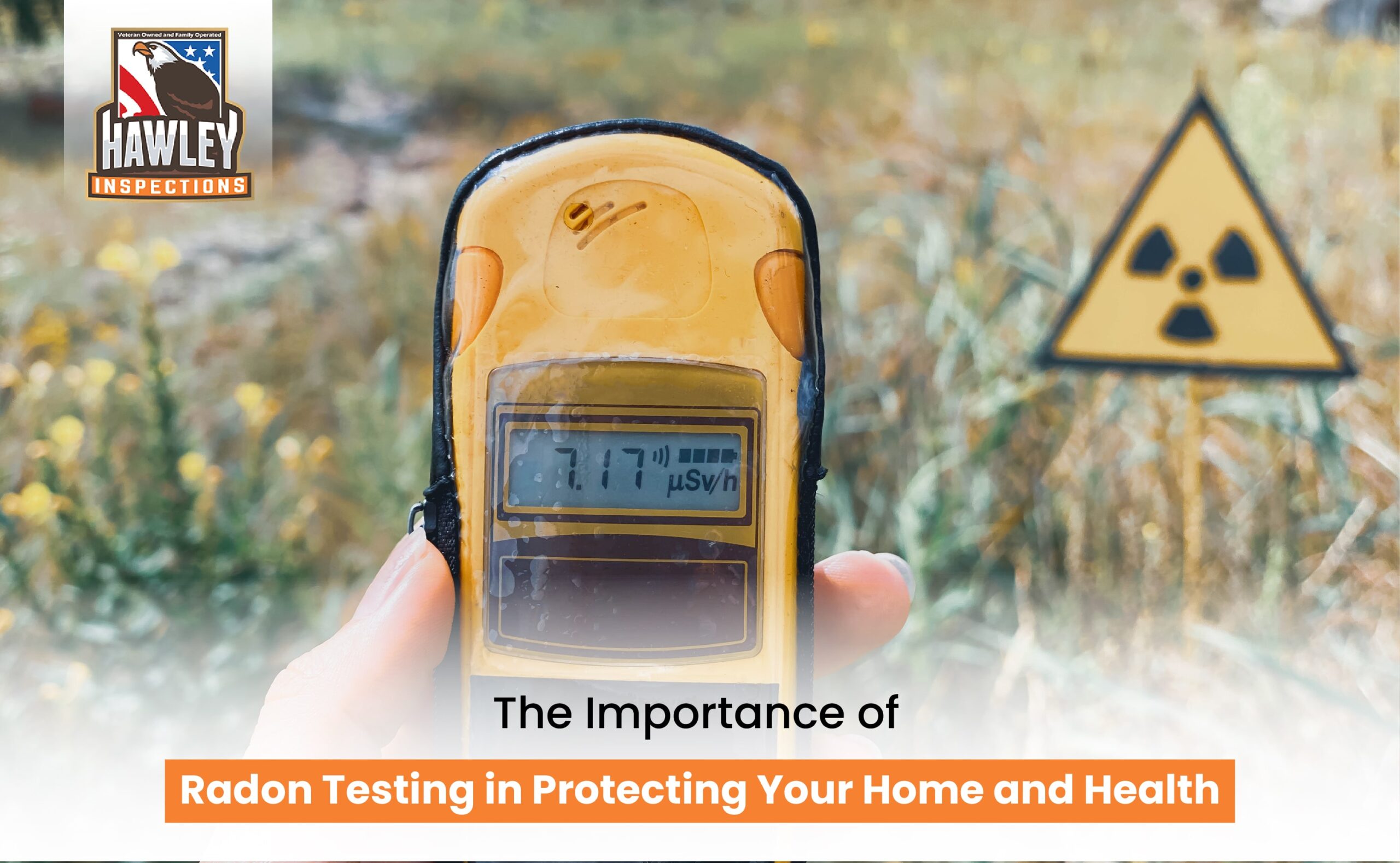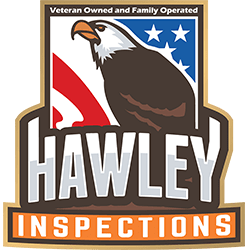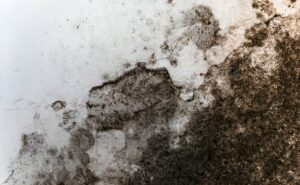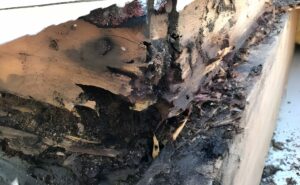
The Importance of Radon Testing in Protecting Your Home and Health
There are many silent issues you might be exposed to in your house. And radon is one of these. This must be concerning for you.
You can rest easy if you decide to test for radon in your house. This lets you know exactly whether you live in a constant threat.
In this blog, we will first discuss the health risks of radon exposure. We will also discuss radon testing and what happens during its process. Lastly, we will also answer one of the most asked questions, “Should I get a radon test with home inspection?” with this blog, we intend to clear your confusion about whether radon testing is necessary.
What Is Radon Testing?
Radon testing is a process of measuring radon gas concentration in a building or house. The Environmental Protection Agency (EPA) recommends testing your home for radon. According to the EPA. This should be done regardless of the type of construction or geographic location.
The radon tests are divided into the following two types:
Short-Term Radon Testing
Short-term radon testing is useful for obtaining quick results and initial assessments of radon levels in a home.
These tests can be done using charcoal canisters or alpha-track detectors. These techniques help get the test results in two to seven days.
There is one drawback of short-term radon testing. These tests might not provide the most accurate picture of long-term radon exposure. This is because radon levels can vary seasonally.
Long-Term Radon Testing
Long-term radon testing is the most recommended radon testing method by health authorities. This is because it provides a more comprehensive understanding of a home’s average radon levels. This testing method is valuable if you want to decide the need for radon mitigation measures.
Long-term testing can be done using alpha-track detectors. In this process, radon levels are measured for at least ninety days. This helps in getting a clearer picture of radon within a house.
What Happens in Radon Testing?
Initial Assessment
Radon testing typically begins with an initial assessment of the property. This includes evaluating the type of building, its foundation, and its potential for radon entry points.
Placement
Testing devices are strategically placed in the lowest occupied level of the building. This includes the basement or ground floor, where radon levels are typically highest. They should be positioned away from drafty areas and windows to avoid interference.
Closed-Home Conditions
For accurate results, it’s essential to maintain closed-home conditions during testing. This means that doors and windows remain closed except for normal entry and exit. This ensures that radon gas is not diluted or displaced.
Data Collection
After the testing period, the devices are collected and sent to a laboratory for analysis. The laboratory then reports the average radon levels over the testing period.
The Importance of Radon Testing
Early Detection and Prevention
Finding and addressing increased radon levels is one of the main goals of radon testing. Since radon has no smell and is invisible, it can build up to hazardous levels within a home. And there is a high chance that you’re unaware of it.
Regular testing allows you to detect high radon levels early. You can also take corrective actions to mitigate the risk.
Peace of Mind
It gives you peace of mind knowing the radon levels in your house. It allows you to guarantee the safety and well-being of your loved ones. Addressing radon issues through testing and mitigation measures can alleviate concerns. You can also reduce the anxiety of living in a potentially hazardous environment.
Preserving Property Value
Beyond health concerns, radon testing can also play a role in preserving the value of your property. When selling a home, potential buyers often request radon test results as part of their due diligence. A high radon level can lead to negotiations on the property’s price. While in some cases, it can deter buyers. Ensuring your home has a clean bill of health regarding radon levels can help maintain or even increase its value.
Should I Get A Radon Test With Home Inspection
Even though home inspections usually don’t include a radon test. But getting a radon test and home inspection is a good idea.
It is especially true if you live in an area where radon is known to be a concern. Below are some significant reasons to get a radon test with a home inspection.
Health and Safety
If a home inspection includes a radon test, it can determine whether your house has excessive levels of radon. This enables you to minimize the danger and safeguard your health by taking the appropriate actions.
Negotiation Power
If the radon test conducted during the home inspection reveals elevated radon levels, you can use this information as a basis for negotiations with the seller. You may request that they address the radon issue. This can be done whether through mitigation or a reduction in the property’s price.
Cost-Effective
Conducting a radon test during a home inspection is often more cost-effective than doing it separately. You can bundle both services. This will potentially save you time and money.
Compliance with Local Regulations
In some regions, radon testing may be required during real estate transactions or new construction. Checking the local regulations and requirements regarding radon testing in your area can help.
Protect Your Home and Health With Radon Testing
Radon testing is not just a recommended precaution. It is a vital step in safeguarding both your home’s structural integrity and its occupants’ well-being.
By prioritizing radon testing, you gain early detection and the opportunity to mitigate potential hazards.
Know that every property can have different radon levels. This can happen even within the same neighborhood. Therefore, taking caution and including a radon test as part of your overall due diligence when purchasing a home is wise.
Secure your peace of mind and protect your home investment with Hawley Home Inspections. Schedule your home inspection to ensure the safety and value of your property. Contact us now to get started!




